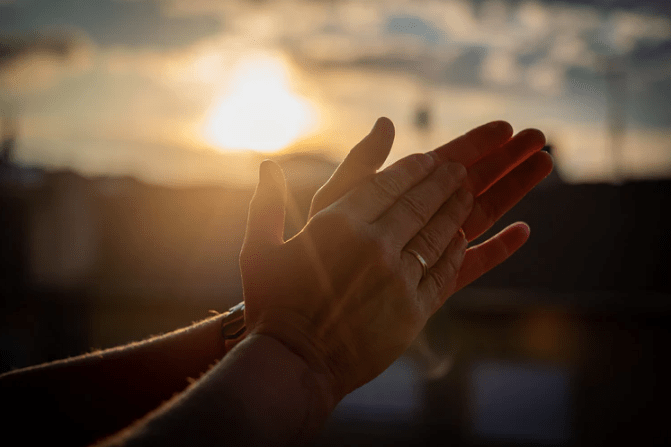Clap is one of the very first things that babies learn to do. And as we grow old, we get to know that clapping is an acceptable way to show happiness and appreciation. We clap to cheer our favorite team or when a speaker makes a point we appreciate at a political rally. We clap when our ideal singer sings a great song at the concert. However, sometimes one can get confused about whether to clap or not.
So, who was the first person to decide to use this clapping sound to demonstrate enthusiasm or approval? Some people believe that the origin of the clap goes back to the dawn of humanity. Applause is ancient, hardwired into human beings, and nearly universal.
History of Clapping
According to an article in The Atlantic, clapping was memorialized in the Bible, named “A Brief History of Applause.” As politics and theater merged, it became a system for the leaders to evaluate the mood of their constituencies. The professor of the University of Wisconsin, Greg Aldrete, said that it is like the earliest poll; this is how you gauge and poll their feelings.
The theater was another place where the applause was further formalized. And as Desmond Morris said that when we applaud, it is like patting the performer on the back from a distance. It is hard to know the exact beginning of applause, but the thing we know is clapping was first documented in the third century BC.
It was the work of Roman playwright Plautus who introduced “plaudit,” a directive for the audience to clap or applaud. At the end of the performance, a performer would announce to an audience that it was time to clap. Moreover, it consisted of finger snapping and hand clapping.
Over time, the applause evolved from the traditional hand-clapping and finger-snapping to include trilling, stomping, and chants of praise. During Roman times, it was very common for the performer to hire the service of a claque, a group of paid audience who would clap and cheer to motivate the rest of the audience members to clap. In the modern-day, you can think of a sitcom laugh track.
These employed people would manipulate the general audience. Another historical event that shows us the ancient root of clapping takes us back to the seventh century. The Roman period was in the decline of fall in the seventh century. Heraclius made plans to meet with a barbarian king, and he wanted to intimidate him.
However, he knew that the Roman army was no longer intimidating; so, he hired a group of people to augment his legions. Heraclius employed the men to applaud. However, the tactic of the Heraclius did not work on his opponent; it made a fitting in the postscript with the universal system people have used to interact with each other: applause.
Conclusion
Since the scientists have not done extensive research on the origin of clapping, we cannot say with surety that who clapped for the first time. We can only get an idea of how ancient a practice it is by looking into its history.

